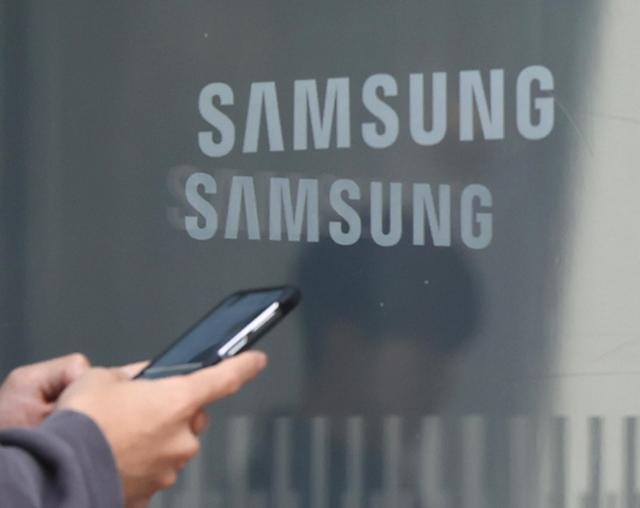
"We havve made meaningful progress by completing important stages in the qualification process with a key customer," Kim Jae-june, executive vice president of Samsung's memory business, said during a third-quarter earnings call.
He made this remark apparently to address investor concerns about Samsung lagging in the highly profitable AI chip market following delays in Nvidia's approval of its high-bandwidth memory (HBM) chips.
Samsung’s HBM sales surged over 70 percent in the third quarter compared to the previous quarter, he said.
The Korean tech giant expects to ramp up sales of HBM3E chips in the fourth quarter, accounting for 50 percent of total HBM revenue, up from 10-15 percent in the third quarter.
Earlier in the day, the company reported a 40 percent decline in operating profit for its chip business in the third quarter compared to the previous quarter.
Its Device Solutions division, which includes semiconductors, swung to an operating profit of 3.86 trillion won (US$2.8 billion) in the July-September period, reversing a loss of 3.75 trillion won a year earlier. However, this was a decrease of 40.15 percent from 6.45 trillion won in the second quarter.
Samsung attributed the decline to inventory valuation reversals, incentive provisions, and foreign exchange impacts due to a weaker dollar.
The company’s overall revenue reached a record 79.1 trillion won, up 17.35 percent from a year earlier. Operating profit rose 277.37 percent year-on-year to 9.18 trillion won, while net profit jumped 72.84 percent to 10.19 trillion won, the company reported in a regulatory filing.
The Device Experience division recorded 44.99 trillion won in revenue and 3.37 trillion won in operating profit, driven by strong sales of flagship smartphones and premium TVs.
Samsung Display, the company’s display manufacturing arm, contributed 1.51 trillion won in operating profit on revenue of 8 trillion won, benefiting from new smartphone launches by major customers.
Copyright ⓒ Aju Press All rights reserved.
